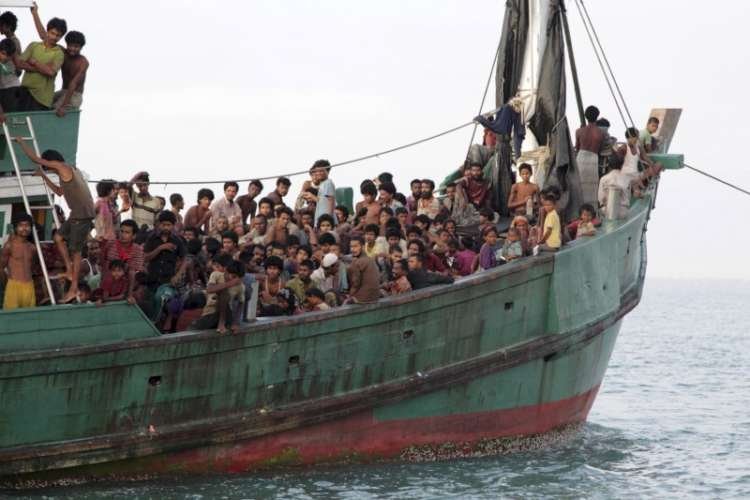Top Stories
Migration to flee rising seas could affect 1.3 million Bangladeshis by 2050
Published by linker 5
Posted on April 29, 2021
1 min readLast updated: January 21, 2026

Published by linker 5
Posted on April 29, 2021
1 min readLast updated: January 21, 2026

Explore more articles in the Top Stories category











